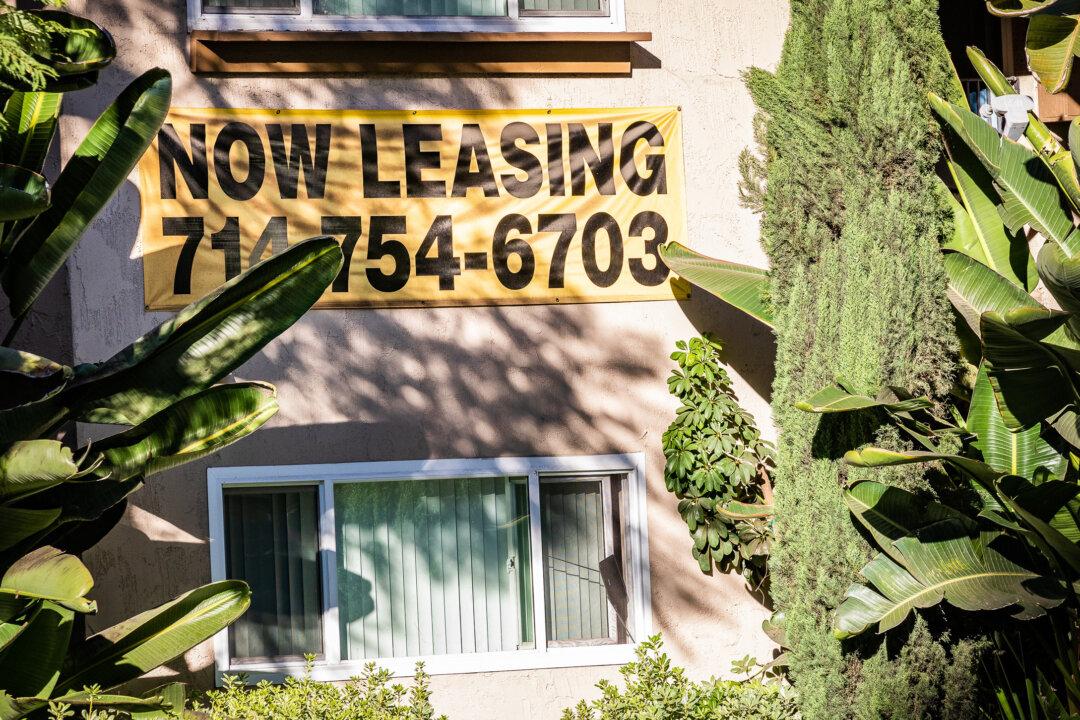The City of Fullerton has passed a new ordinance regulating short-term rentals, joining other neighboring cities in Orange County, California, in increasing oversight of a growing market that residents say is out of control.
The Fullerton City Council voted 4 to 1 to pass the measure, with the lone opponent arguing against unnecessary regulations forced by a “lame duck” council. The new ordinance passed in early November, just prior to the general election.





